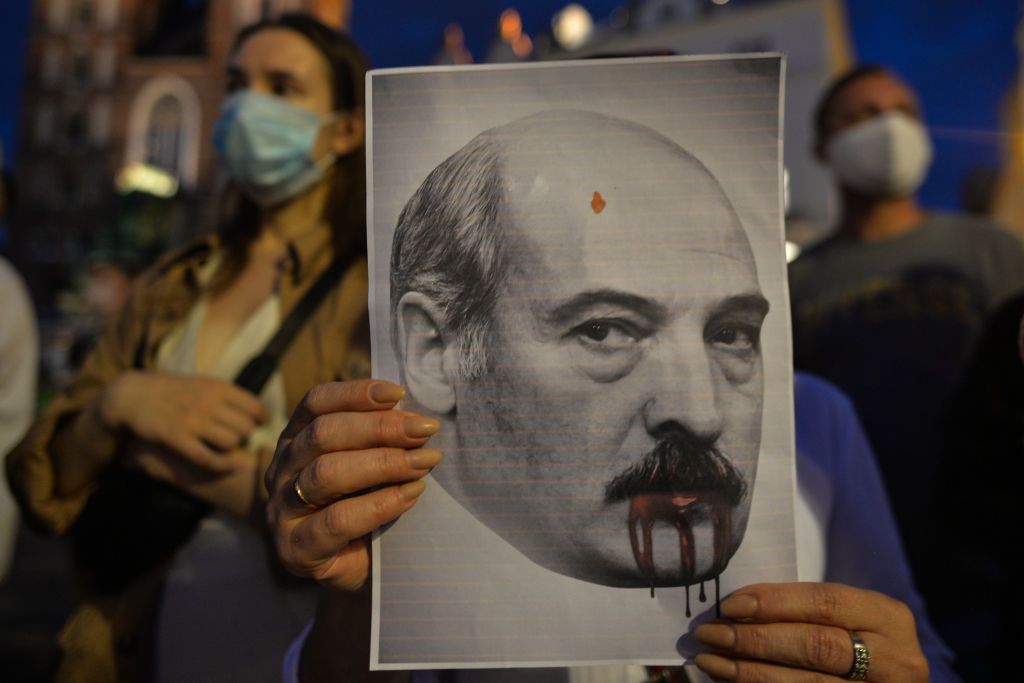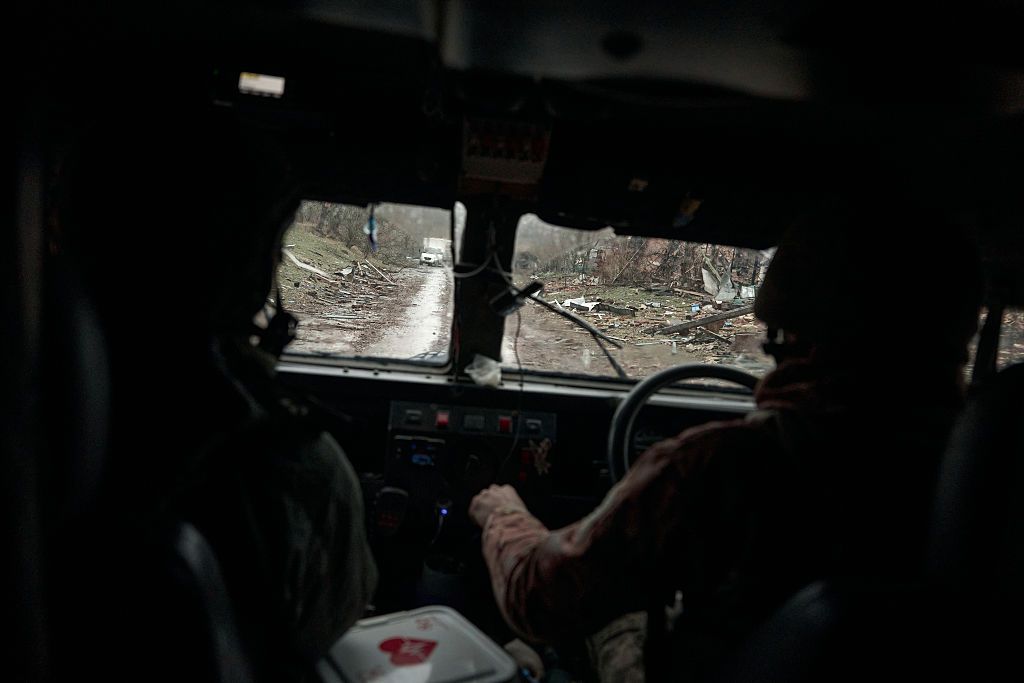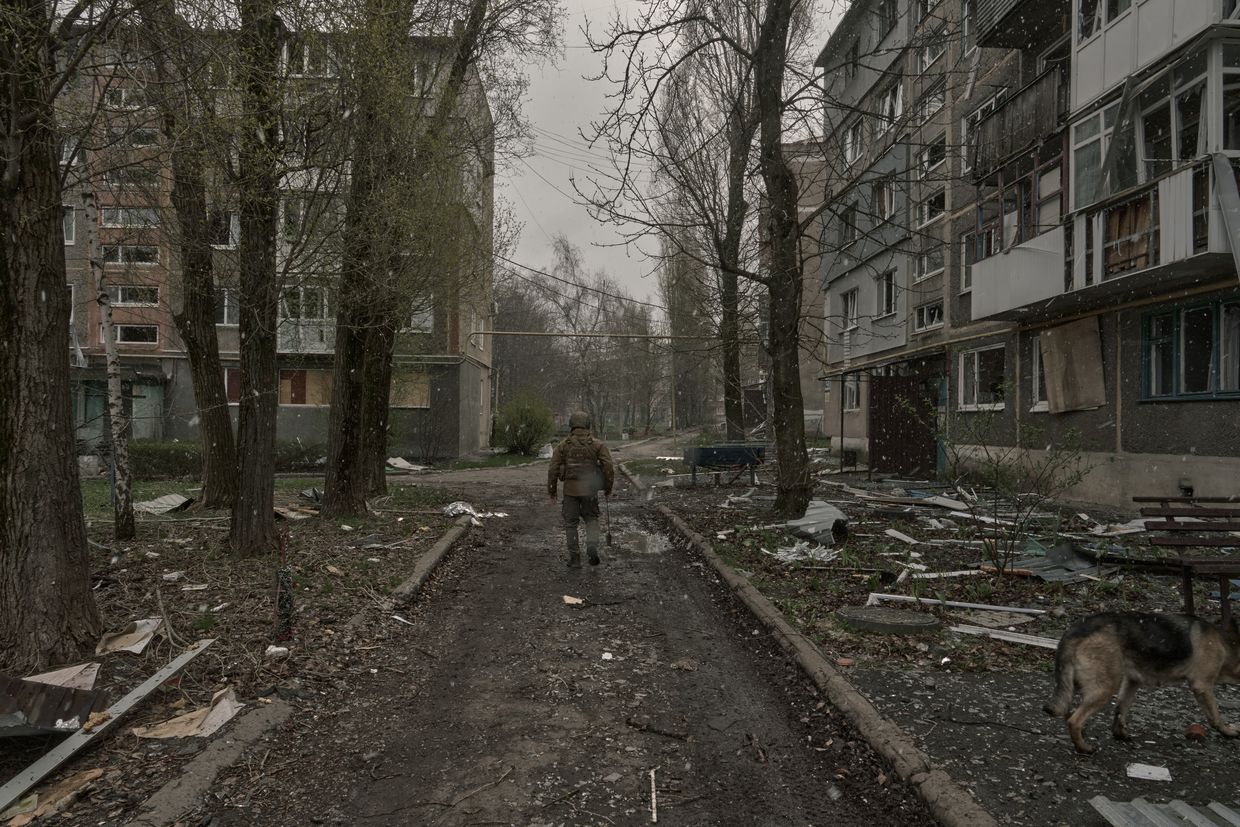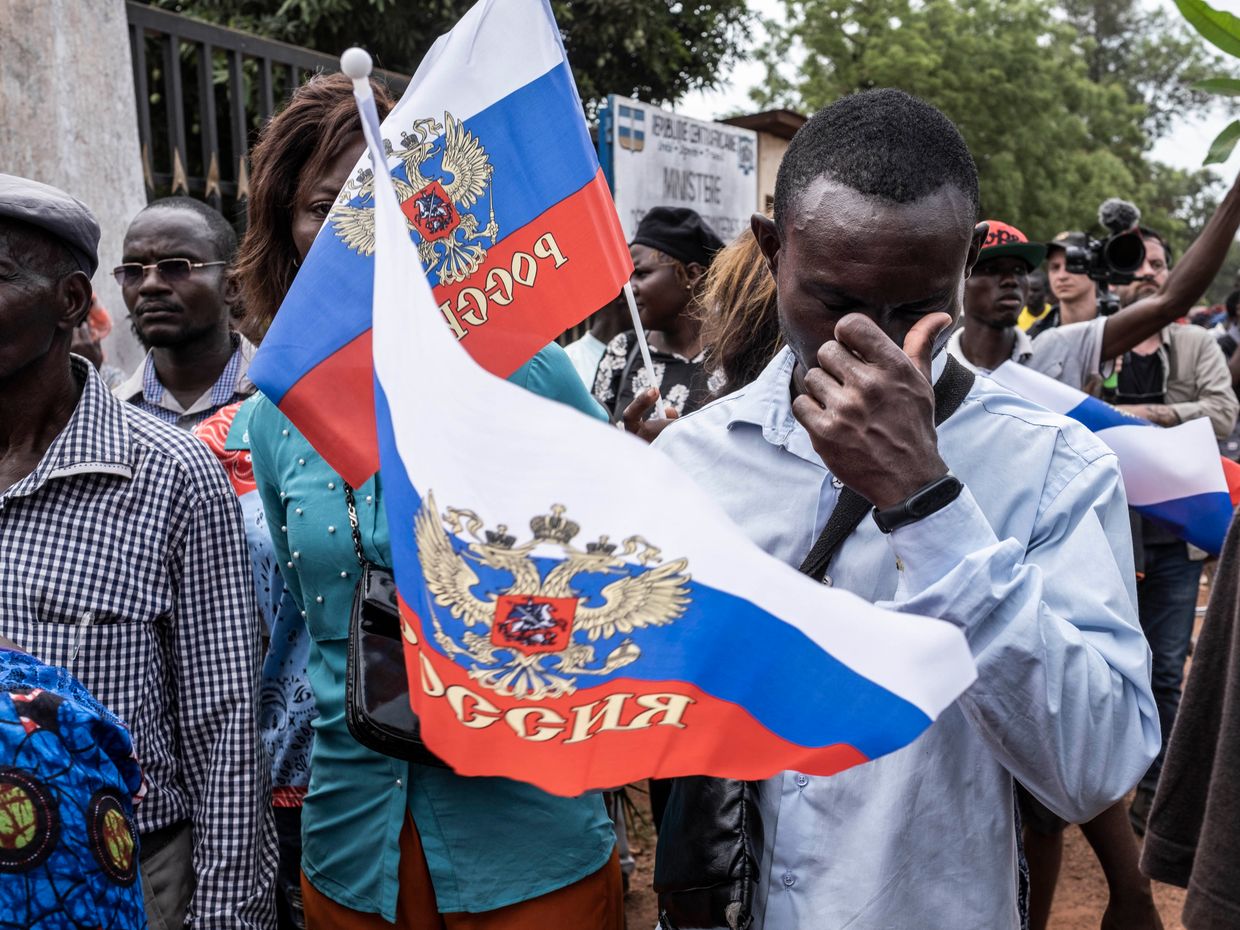European Parliament condemns the human rights violations of Alexander Lukashenko’s regime, urges non-recognition of upcoming elections amid mass arrests and repression in Belarus.
Lukashenko authorities sell seized property of political opponents through in absentia legal proceedings.
The Russian Interior Ministry's wanted lists include over 3,000 Belarusians, including opposition leaders, human rights activists, journalists and soldiers fighting for Ukraine.
Chinese Zhejiang Chouzhou Commercial Bank reportedly halts operations with Russian and Belarusian clients after U.S. Treasury threatens use of secondary sanctions.
The International Ice Hockey Federation upholds ban on Belarusian and Russian hockey teams for 2024/2025 season, citing continued safety concerns.
A year ago, Lukashenko’s regime started cutting the ability of high-profile political prisoners to communicate with the outside world. In this week’s Spotlight, we tell about this incommunicado regime – a practice often equated to forced disappearance.
Belarusian journalists, activists, volunteers on Russian wanted list
The names of over 3,180 Belarusians – including advisors of exiled opposition leader Sviatlana Tsikhanouskaya, soldiers fighting for Ukraine, human rights activists, and independent journalists – have been found on the Russian Interior Ministry’s wanted lists, Mediazona reported after examining open data from the ministry’s database.
According to the report, Russia is also seeking Estonian Prime Minister Kaja Kallas, dozens of European politicians, and high-ranking Ukrainian military officers.
The Russian Interior Ministry lists 96,752 people wanted in criminal cases, many are those wanted based on politically-motivated prosecutions.
The wanted list has 61 names of Belarusian volunteers fighting for Ukraine against the invading Russian army, including Pavel Horbach and Eduard Lobau, who were killed in action.
Members of the Belarusian United Transitional Cabinet Valery Sakhashchyk and Volha Harbunova, former Belarusian ambassador to Argentina Uladzimir Astapenka, and two advisers to exiled opposition leader Tsikahanouskaya – Aliaksandr Dabravolski and Franak Viachorka – are also on the list.
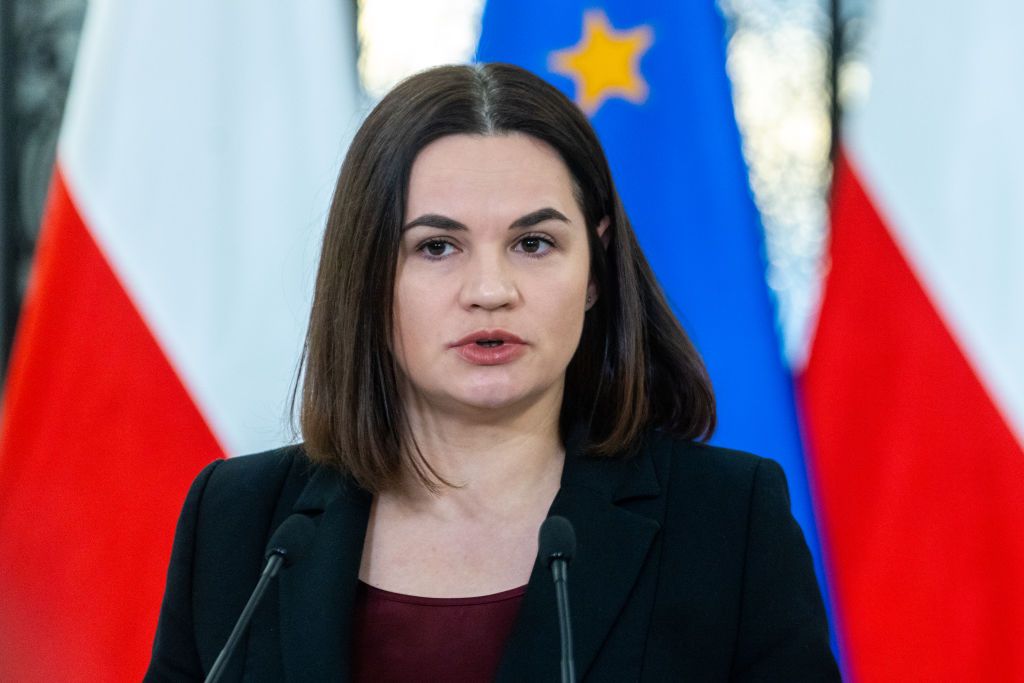
Tsikahanouskaya herself was excluded from the list in May 2021. According to Russian news agency Sputnik, Russian law enforcers are not searching for the Belarusian democratic leader as it is known that she is in the European Union.
At least two editors-in-chief – Pavel Sviardlou from Euroradio and Sviatlana Harda from Media-Polesia – and five journalists – Eugen Valoshyn, Hanna Liubakova, Elena Shabunya, World Press Photo winner Nadzeya Buzhan, and Orsha editor Ihar Kazmerchak – are also wanted by Russia. The director of Malanka Media Pavel Marinich and anchor Ekatserina Yerusalimskaya are wanted as well.
Moreover, Russia is searching for six Belarusian human rights activists – Natalia Satsunkevich, Leanid Sudalenka, Ihar Kazmerchak, Maria Tarasenka, Uladzimir Hilmanovich, and Zmitser Salauyou – as well as several political prisoners who have managed to escape the country.
Belarus and Russia are part of the Interstate Wanted Persons Treaty of the Commonwealth of Independent States, the Russia-led political alliance of former post-Soviet countries.
In 2022 alone, Russia extradited 16 Belarusians accused of “extremism” – a charge widely used against political opponents of the Lukashenko regime.
International police organization Interpol has stopped executing Belarusian politically motivated searches, however, Belarusians are subject to extradition in Russia and most CIS countries.
Media: Chinese bank halts operations with Russia, Belarus due to US sanctions threat
China’s Zhejiang Chouzhou Commercial Bank has notified customers that it is completely halting operations with Russia and Belarus, Russian business outlet Vedomosti reported on Feb. 7, citing its sources among business associations and financial advisors.
The halt of operations ahead of the Chinese New Year implies a logistical collapse, the sources told Vedomosti. Exports of goods would be impossible at least until March, after the long weekend ends, sources said.
One of the sources told the publication that the cessation of settlements concerns all transactions – regardless of the product or currency. Transactions through the SWIFT, Russian SPFS, and the Chinese CIPS systems have been stopped.
On Dec. 22, 2023, U.S. President Joe Biden issued an executive order authorizing the use of secondary sanctions for foreign banks and financial institutions that facilitate Russia’s deals to procure equipment for its war.
As a result, China’s state-owned banks stepped up their restrictions on Russian clients, according to a Bloomberg news agency report on Dec. 16.
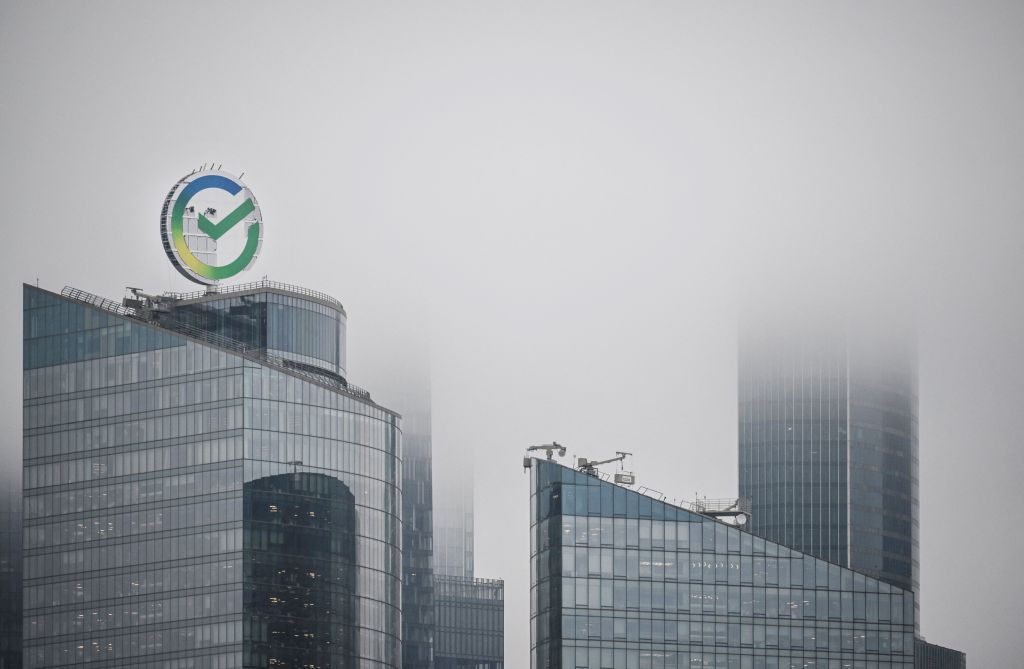
China’s Zhejiang Chouzhou Commercial Bank was targeted in an EU proposal on new trade restrictions made on Feb. 12. The proposal still needs the backing of the EU member states, while Beijing has already slammed the suggested restrictions as “illegal sanctions.”
The sanctions team at the Kyiv School of Economics has found that companies in China and Hong Kong serve as the most important intermediaries for shipments of “battlefield technology” to Russia.
The Kremlin’s staunch ally, Belarus has also been subject to Western sanctions. Although not sending troops to the battlefield, the regime of Belarusian dictator Lukashenko provided Russia with territories from which to launch an assault on Kyiv, a supply of weapons, and a route for sanctions circumvention.
The Belarusian democratic opposition in exile has called on the EU to align its sanctions against the two regimes.
European Parliament condemns Belarusian regime’s human rights violations, calls to not recognize upcoming elections
Following the mass arrests of opposition activists and their families in Belarus, the European Parliament has adopted a resolution condemning raids against political opponents, and calling for tougher sanctions.
The European parliament also called for not recognizing the results of upcoming elections in the country.
The resolution, adopted on Feb. 8, notes that January raids were carried out against the families of political prisoners by the Belarusian KGB security service, and that in absentia proceedings were launched against 20 political analysts, journalists and sociologists.
It also notes that the imprisoned leaders of political parties, Mikalai Kazlou, Ryhor Kastusiou, Mikalai Statkevich and Pavel Seviarynets, had faced isolation punishments, torture, denial of medical care, and forced labor in detention.
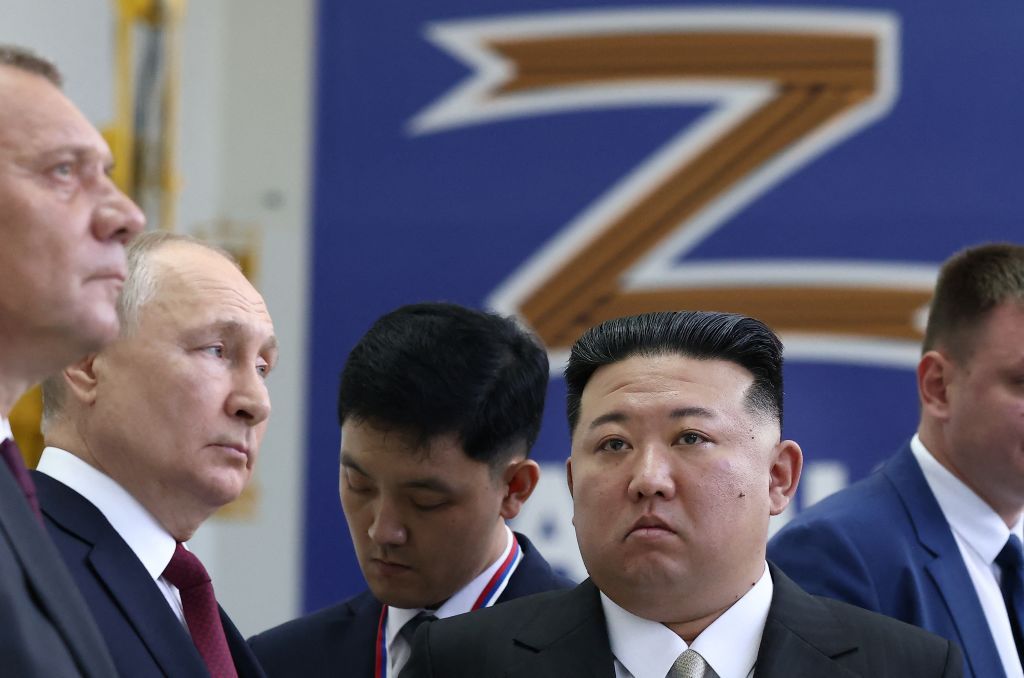
The European Parliament demands the immediate release of 1,400 political prisoners in Belarus, and urged the Lukashenko regime to cease political repression and pay its victims compensation.
They also called for sanctions on goods made through prisoners’ forced labor, and on individuals responsible for serious human rights violations – including high-level officials and members of the Belarusian security forces.
Considering the widespread “repression, lack of transparency, freedom and fairness” ahead of the local and parliamentary elections in Belarus, the statement suggests that their official results should not be recognized as valid.
The Informal Group of Friends of Democratic Belarus within the Organization for Security and Cooperation in Europe or OSCE set forward a similar statement on Feb. 8, noting Belarus’ failure to meet its OSCE human dimension commitments.
“(Holding genuine elections) is impossible when all forms of dissent or opposition are met with intimidation, harassment, persecution, and imprisonment,” the OSCE group’s statement reads.
“In Belarus, there is no freedom of expression, no freedom of association, and no free and independent media to share a plurality of ideas.”
Belarusian authorities notified the OSCE that the organization’s independent observers would not be invited to monitor the country’s upcoming parliamentary and local elections, which are scheduled for Feb. 25.
Lukashenko regime sells seized property of its opponents
As part of a sentence handed down in absentia, the state seized the two-bedroom apartment of Valery Tsapkala, an opposition politician whose candidacy in the contested 2020 presidential race was rejected, in Minsk.
In April 2023, a Belarusian court sentenced Tsapkala in absentia to 17 years of imprisonment on charges of violating national security, financing terrorism, and slandering Belarusian dictator Alexander Lukashenko.
The auction for the property arrested under the case is set to take place on Feb. 27. The starting bid for the 103,7 square meter apartment in Minsk is estimated at around $111,300.
According to Tsapkala’s wife Veranika, the property should be viewed as family property, which makes the sale illegal because it implies depriving the couple’s two minor children of their only place of residence.
In July 2023, after two failed attempts, Belarusian authorities finally managed to sell the apartment of opposition leader Sviatlana Tsikahanouskaya and her husband Siarhei, imprisoned on politically motivated charges.
Siarhei Tsikahanouski is serving a 19.5-year-long prison term on politically motivated charges, while Sviatlana Tsikahanouskaya received a 15 years prison sentence in absentia on March 6, 2023.
Earlier, the state-owned enterprise responsible for the auction, BelYurObespecheniye, sold the belongings of political prisoner Viktar Babaryka, an ex-banker who also attempted to challenge Lukashenko in the 2020 presidential race.
On Sept. 27, BelYurObespecheniye announced the launch of a new chain of stores selling property seized by the state.
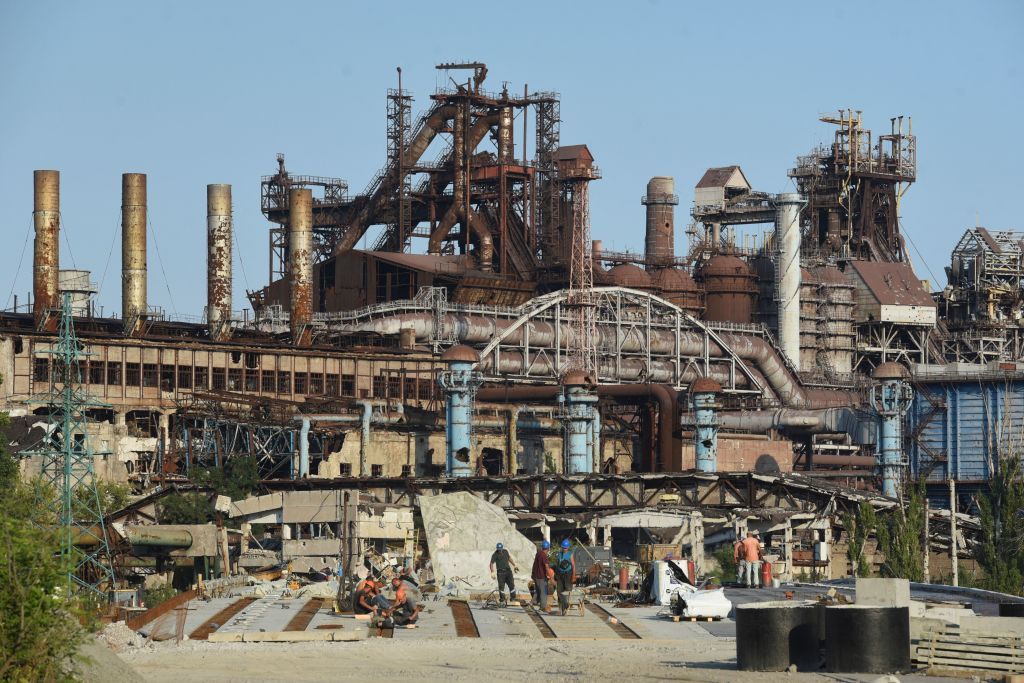
IIHF upholds ban on Belarusian, Russian hockey teams
The International Ice Hockey Federation, or IIHF, has upheld a ban on the Russian and Belarusian national and club teams from participating in international competitions until at least summer of 2025.
During a meeting on Feb. 12, the IIHF decided that “it is not yet safe” to allow both countries to compete, the organization said in a statement. Federation President Luke Tardif said that the potential for boycotts and political pressure did not influence the federation's decision.
For the Belarusian team, the decision means the team will not be able to participate the 2026 Winter Olympics, as the qualification for the tournament is scheduled to take place in 2024.
The further participation of the Russian and Belarusian teams in the following 2025-2026 season will be considered in May 2025, according to the IIHF Council statement.
The IIHF suspended Russian and Belarusian teams from its competitions following Russia’s full-scale invasion of Ukraine in 2022.
Both Russia and Belarus use sports and their athletes as propaganda tools. In particular, Lukashenko plays hockey, publicly celebrates any victories by Belarusian athletes, and advises them on how to perform.
Over 1,300 athletes that opposed the regime consequently lost their jobs, were detained, or were forced into exile.
Belarusian athletes are now often contracted by the military or national security services.
For over a year, there has been no contact with at least six Belarusian political prisoners: Siarhei Tsikhanouski, Viktar Babaryka, Maria Kalesnikava, Maksim Znak, Mikalai Statkevich, and Ihar Losik.
Incommunicado regime
The Spotlight segment provides readers with the historical context of contemporary events in Belarus.
These high-profile figures from the 2020 protests against Belarusian dictator Alexander Lukashenko have been completely cut off from the outside world – unable to receive or send letters, not allowed phone calls or meetings, and prevented from seeing their attorneys in penal colonies.
According to international law, such a regime of complete isolation is called “being held incommunicado.”
The UN Human Rights Committee has previously concluded that an incommunicado regime violates several articles of the International Covenant on Civil and Political Rights – the core legal instrument of the United Nations, which was adopted in 1966.
Human rights activists equate incommunicado regimes to forced disappearance.
On Feb. 9, 2023, the Belarusian regime banned communications with Maxim Znak, the attorney of former presidential candidate Viktar Babaryka, who is serving a 10-year sentence, and veteran politician Mikalai Statkevich, who is serving a 14-year sentence.
The family of Maria Kalesnikava, Babaryka’s staff coordinator and one of the leaders of the Belarusian united opposition, had no contact with her since Feb. 15, 2023, and the last letter from blogger and political activist Ihar Losik, sentenced to 15 years in prison, was dated Feb. 20, 2023.
Former presidential candidates Siarhei Tsikhanouski, sentenced to 19-and-a-half years in prison, and Viktar Babaryka, who is serving a 14-year term, were both jailed before the elections in 2020.
Contact with them was also lost in the spring of 2023.
Former prisoners who have served their term are now the only source of information about prisoners held incommunicado.
According to them, regular prisoners are banned from talking, helping, or interacting in any way with incommunicado prisoners. Incommunicado prisoners spend most of their time in solitary confinement in a prison-type cell, without talking to other prisoners or receiving any information from the outside world – for months.
In comments marking a year since the first reports emerged of political prisoners being held incommunicado in Belarus, the country’s democratic leader Sviatlana Tsikhanouskaya said, “the regime thinks that because of the incommunicado regime, Belarusian heroes will be forgotten. But this is impossible.”




